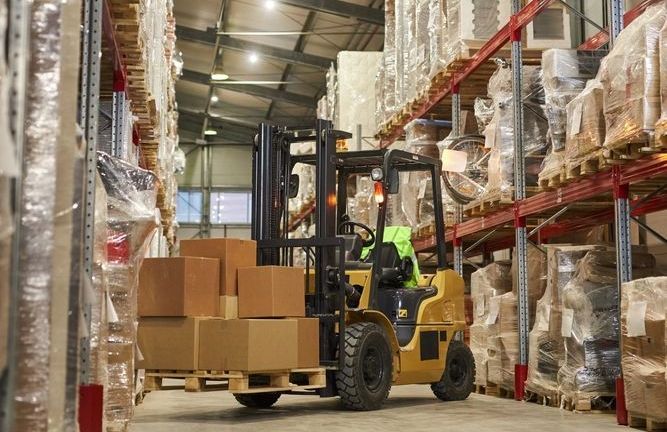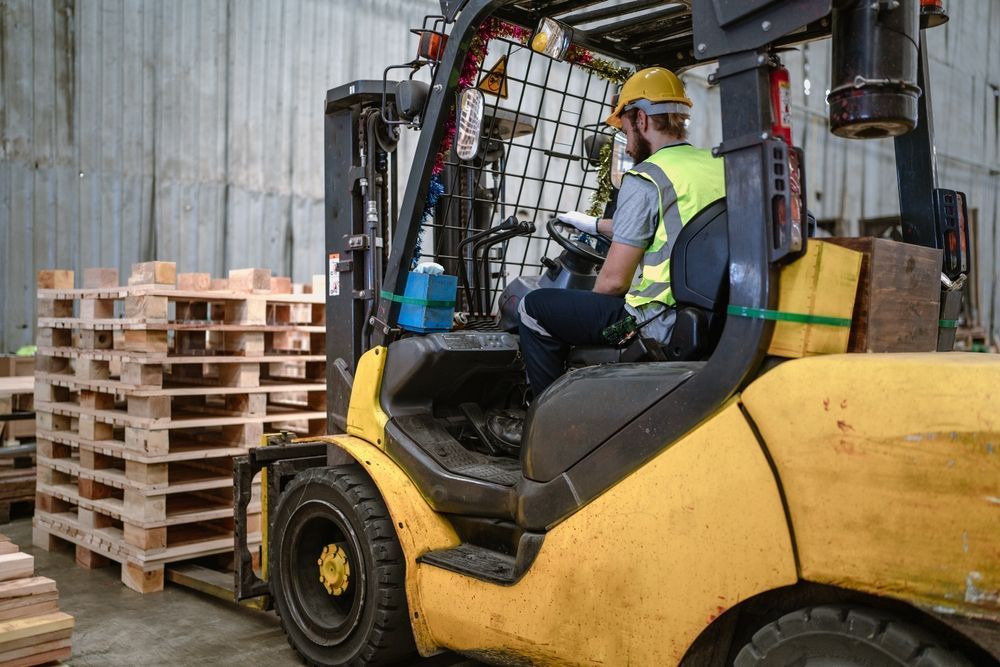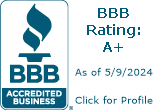Do I Need a Seller’s Permit For My Business?
If you intend to start a business where you sell physical items or services, then chances are you’ll need a seller’s permit. The seller’s permit is an official document issued by the state that empowers your business to collect sales tax from your customers.

What is a Seller’s Permit?
A seller's permit is sometimes referred to as a sales tax permit or a resale permit. It is a sales tax permit; a state-issued document officially authorizing a business to collect sales tax on taxable items and services that the business sells. Seller’s permits are an integral part of the regulations that govern retail businesses in the U.S. A seller’s permit is typically required for businesses that sell physical products or certain types of services.
The main purpose of a seller's permit is to empower the state to control the collection and remittance of sales taxes. In the vast majority of cases, when a business sells a product or service, it’s required to collect sales tax from the customer. This tax needs to be accounted for, held, and then periodically reported and subsequently paid directly to the state's tax agency. The seller's permit is the official document that provides the mechanism for this process, ensuring that businesses are properly collecting and remitting this tax on every sale.
Not all states have sales tax. In those states, a seller’s permit may not be required. The five states without sales tax are:
- Alaska
- Delaware
- Montana
- New Hampshire
- Oregon
Note that the requirements around obtaining a seller’s permit vary from state to state. Some states, such as those listed above, which don’t charge a sales tax, may not require a permit at all, while others may have different types of permits depending on the nature of the business or the types of products or services it sells.
Who Needs a Seller’s Permit?

Whether or not your
business needs a seller’s permit depends on what kind of business you’re in, what you sell and where you sell it. Most states do require that retail and e-commerce businesses collect and remit sales tax, but certain items such as food or clothing may be exempt in some states. For instance, a retail business in Florida selling clothing must collect 6% of the total price of every sale. But a Florida grocery store selling produce needn’t collect sales tax on food items. However, that same grocery store does have to collect 6% tax on any sales it makes on non-food items, such as sunglasses, kitchenware, etc.
Another important nuance to be aware of is that a business in Florida must charge a 6% sales tax on non-food items, even if it sells to a New Hampshire resident—where there is no sales tax—shopping in the state of Florida.
If your business involves selling taxable goods or services, you will likely need a seller's permit that authorizes you to collect sales tax on behalf of the state's Department of Revenue. In short, via the seller’s permit, the business is acting as the middleman between the customer and the State Department of Revenue. No portion of the collected sales tax belongs to the business. The collected tax is remitted in full to the state taxing authority.
Seller's permits are state-specific. This means that if you conduct business in multiple states, you may need more than one seller's permit. Consult with your state’s revenue department to find out what your exact requirements are, based on your business location and structure.
Be sure to obtain a seller's permit before—not after—you start selling goods or services to ensure that you’re in compliance with state and local laws from day one. Failure to do so will almost always result in fines and/or penalties.
Does an Online Business Need a Seller’s Permit?
Online businesses aren’t exempt from the requirement to get a seller’s permit. If your state collects sales tax, chances are your online business will need a seller's permit. This includes situations where the business has a warehouse, store, office or any other kind of physical presence.
The seller's permit allows online businesses to collect and remit sales tax for sales to in-state customers. In some cases, online businesses may also be required to collect taxes from out-of-state customers if they meet a certain threshold of sales within that state. This is often referred to as an economic nexus. The threshold varies from state to state, so you need to consult with your state’s Department of Revenue.
Not all online businesses may need a seller's permit. For instance, if you’re selling products or services in certain regulated industries, such as healthcare, you might not need a seller's permit to conduct business online. But again, check with your state’s regulating agency, because the law varies from state to state.
Where Can I Get a Seller’s Permit?
The process for how to get sellers permit documentation varies, but typically you would apply to the Department of Revenue in your state. Today, the process is easier than ever, and you can likely complete all the steps online in a matter of minutes. Seller’s permits are usually either free of charge or available for a nominal fee.
Typically, you would go online and submit some basic information about your business, such as the business name and address, social security number or FEIN and estimated monthly sales. You might have a choice to mail the application or submit it online, but the actual seller’s permit will likely be mailed to your business address. This is an official document that you should handle carefully. Many brick and mortar businesses choose to display their seller’s permit so customers and inspectors can easily inspect it. This is sometimes a legal requirement.
The seller’s permit contains a number unique to your business. You’ll use that number when you remit taxes to the state agency, so your business gets credit for paying the tax. This sales tax is paid to the state quarterly and submitted along with the appropriate state tax forms.

What is the Difference Between a Seller’s Permit and a Wholesale Certificate?
A seller's permit and a wholesale certificate serve different purposes and are used in different contexts. As explained above, a seller's permit is issued by the state to businesses, allowing them to sell goods and services and to collect sales tax from customers within their state.
A wholesale certificate, also known as a resale certificate, identifies businesses that are permitted to buy certain goods without paying sales tax on them. These include wholesale items for resale and items that are purchased for use in the manufacture of products for resale. The resale certificate keeps a business from having to pay tax twice, since the sales tax that’s due to the state is collected later on when the item is purchased by the end user. You’ll need to provide your wholesale certificate number to the original provider of the goods that you intend to resell.
There is help available for your business if you need help with sales tax compliance or if you need
sales tax audit defense. Contact us today to learn more.












